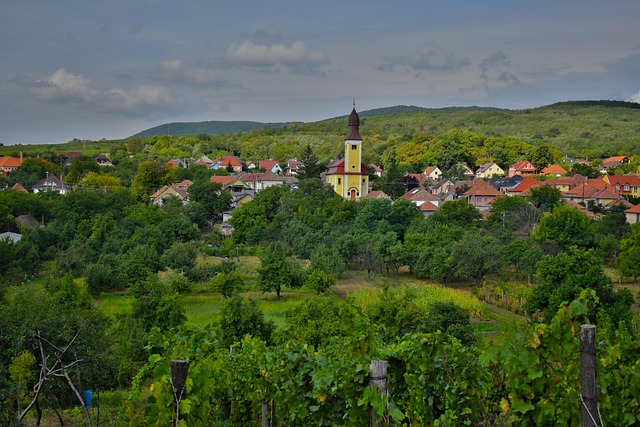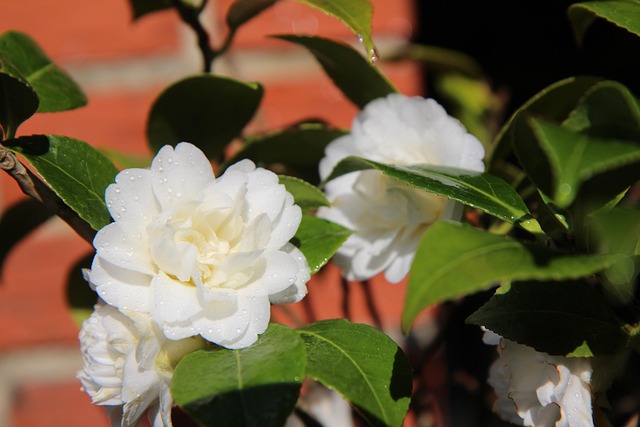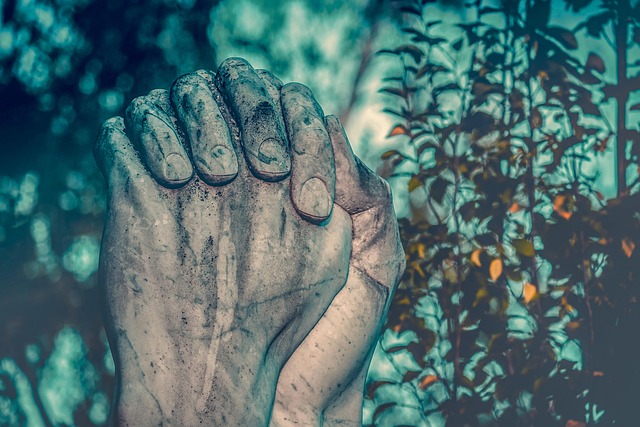The holiday season is often a time of joy, togetherness, and celebration. Yet, it can also become a period steeped in complex emotions. For many, the weight of the past can overshadow the present with feelings of resentment, betrayal, or loss. This is particularly true for those who may identify as victims of circumstances beyond their control. This post seeks to explore the essential role of forgiveness, especially through the lens of religion, as we navigate the sometimes turbulent waters of the holiday season.
Forgiveness is a profound concept in many religious beliefs. It’s often viewed as a pathway to liberation, allowing individuals to release the burdens that come with anger and hurt. In traditions such as Christianity, forgiveness is integral to faith; it’s not only a call to forgive others but also a divine act that reflects on God’s mercy towards humanity. The holidays can serve as a timely reminder of this element of grace, inviting us to examine the grudges we may be holding tightly.
For those who feel like victims due to unresolved conflicts or past traumas, these sentiments can come to a head during a time meant for togetherness. Family gatherings bring together people who may have differing views, unresolved tensions, or complex histories. In these moments, the act of forgiveness can create a space of healing and resilience. It allows us to redefine our roles, shifting from being a victim of circumstances to an active participant in the healing process.
Religious teachings across the spectrum encourage reflection on the power of forgiveness. In Buddhism, for instance, letting go of anger is seen as essential for achieving inner peace. Similarly, in Judaism, the practice of Teshuvah (repentance) includes seeking forgiveness, which underscores the cyclical nature of apology and redemption. By immersing ourselves in these teachings, we can foster an environment conducive to growth and resilience during the holidays.
Creating a forgiving atmosphere is not about forgetting the pain or invalidating our experiences as victims; rather, it’s about transforming those experiences to pave the way for emotional healing. This holiday season, let’s embrace the power of forgiveness as a means to reclaim our narratives. By doing so, we empower ourselves to move forward, allowing the warmth of the holidays to take root in our hearts rather than the bitterness of unresolved conflicts.
Moreover, engaging in forgiveness can deepen our spiritual practice, connecting us more profoundly with our faith. Each religion provides unique pathways to embody forgiveness, whether through prayer, meditation, or community service. These acts can fortify our resilience as we face the joys and challenges associated with the holiday season.
As we gather with family and friends, let us remember that we have the power to redefine our stories. Through the lens of forgiveness, we can reshape our understanding of victimhood into resilience. By choosing to forgive, we not only liberate ourselves but also create an environment where love, compassion, and unity can flourish during this meaningful season.




